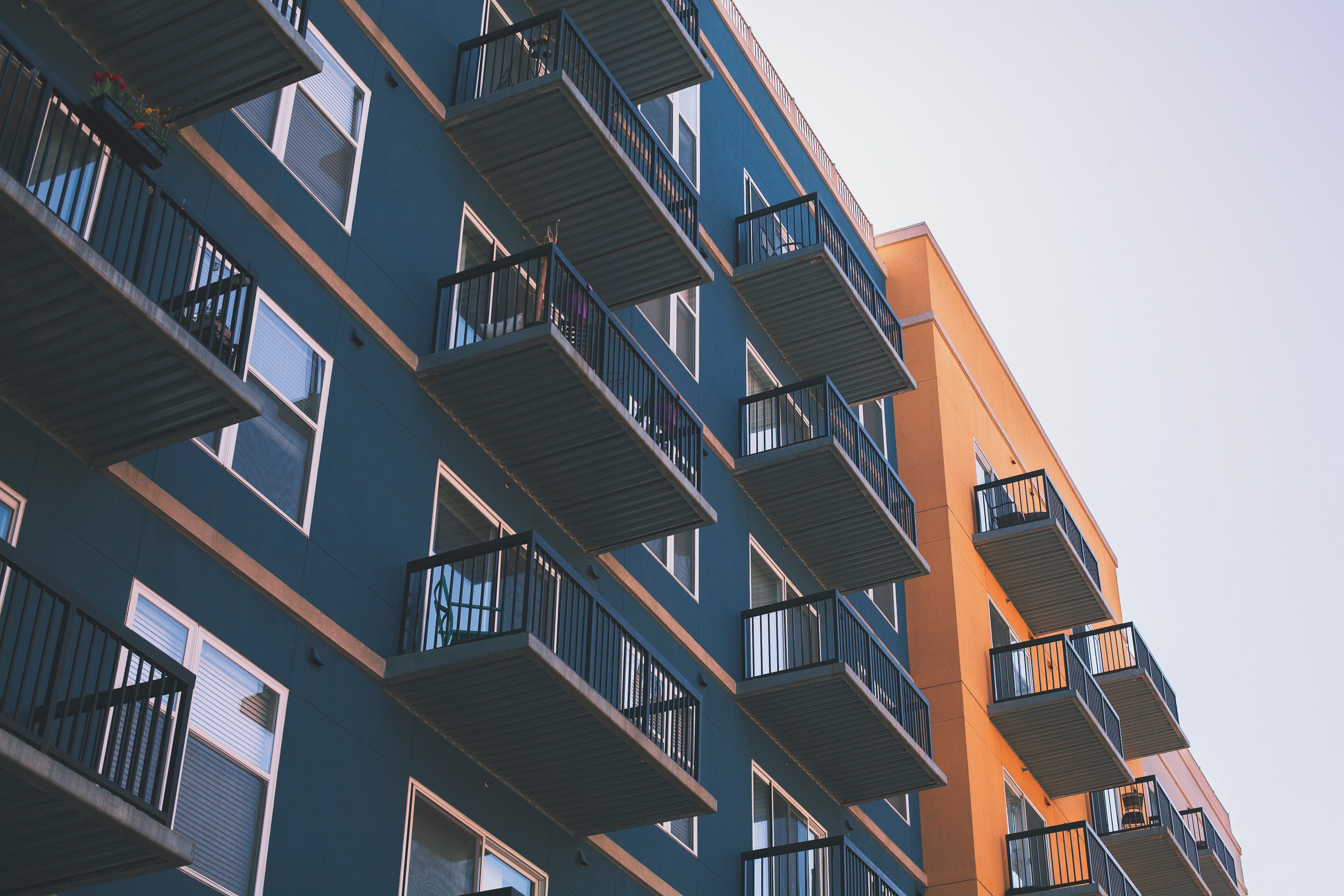Chicago area landlords seek help in court evicting tenants for nonpayment of rent, unsanitary living conditions, and other issues.
Landlords are not pleased with Illinois Governor J.B. Pritzker’s order temporarily making it illegal to remove tenants in residential buildings during the COVID-19 pandemic. Without collecting rent and still liable for property taxes, the order is putting added strain on building owners. In an action filed in Will County Circuit Court, members of the Illinois Property Owners Association allege the pandemic’s order “essentially ties the hands of housing providers to enforce our lease agreements.”
“As well-intentioned as provisions of the order may be, they have had an unlawful and disproportionate impact on landlords, including plaintiffs, to the point of jeopardizing their businesses and livelihoods,” the lawsuit contends. “Protecting economically needy citizens such as tenants, who the relevant portion of the executive orders were intended to protect, is sound and proper policy. But compelled subsidization by landlords is an improper and unconstitutional method of solving that problem.”

Pritzker banned residential evictions when the outbreak was first sweeping across the U.S. and has extended it since with the newest order running through this month and protecting tenants who have lost their jobs and cannot pay rent. He has indicated this will be the final extension and act as a “transition” to a new program beginning August 1. Under the program, Illinois will offer $150 million in grants up to $5,000 to tenants who are still struggling.
Paul Arena, director of legislative affairs for the Illinois Property Owners Association, said landlords are facing more problems than just unpaid rent. He indicated that one of the landlord plaintiffs in the case has a tenant who is bringing in numerous, off-lease strangers for boarding and another has a tenant living in unsanitary conditions that would normally lead to an eviction.
Arena said, “More than 90 percent of renters in the state are up to date on their payments.” He would like to see other issues be addressed.
The group stated, “Small mom-and-pop landlords, who make up the majority of (the group’s) members have had their interests marginalized by the state of Illinois for too long. Corporate landlords may be able to absorb the losses…but the majority of rental housing in Illinois is provided by average working-class people.”
“We agree that property owners deserve the same access to the judicial system as other Illinoisans,” the Chicagoland Apartment Association said responded to the litigation. “Landlords should be showing grace to those who have lost their jobs during the COVID-19 pandemic, continuing to offer extended grace periods and payment plans, but judges are capable of separating the cases of those who are struggling from those who are willfully taking advantage of the circumstances. The governors of New York, California, and several other states have made this exact distinction in their own executive orders, keeping housing courts open for other non-COVID cases.”
Of cases like the one now before the court, John Bartlett, executive director of Metropolitan Tenants Association, said they only make things worse. “The reality is that COVID has bared a housing market that is in crisis,” Bartlett explained. “It was in crisis before. And all this does is make it worse.”
Sources:
Landlords Sue Pritzker Over Eviction Moratorium
Despite coronavirus eviction ban, some Chicago landlords are locking out tenants


Join the conversation!